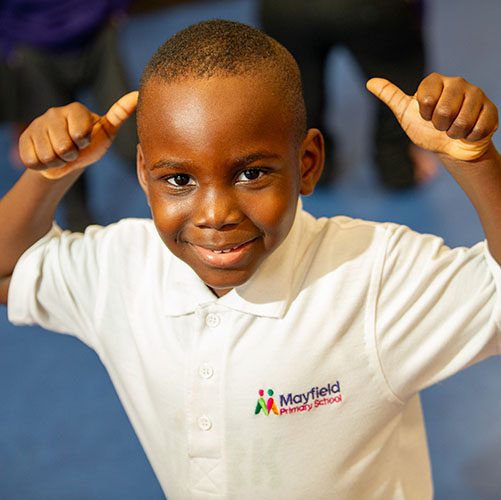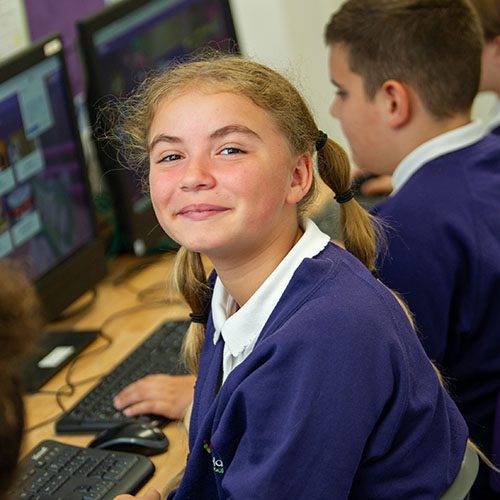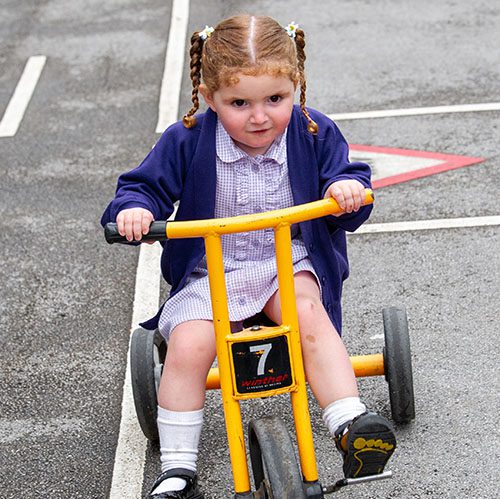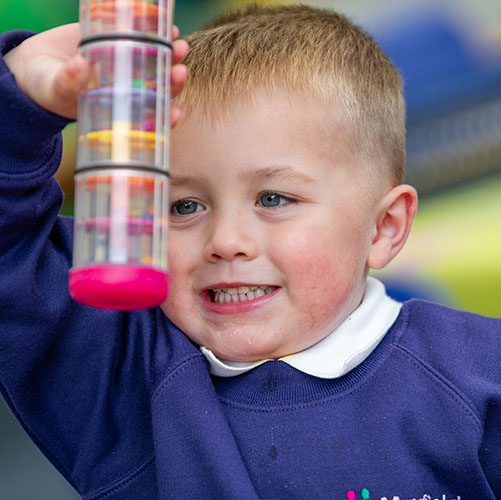Science
Science is using enquiry to answer questions about the physical and natural world.
Vision for Science (Intent)
At Mayfield Primary School, we recognise the importance of Science in every aspect of our daily lives. Through a broad, balanced and progressive Science curriculum, our children’s curiosities are stimulated, questions are asked and answered, and they are able to lead their own investigations based on their own enquiries. Our children develop their respect for living organisms and the physical environment as well as working collaboratively and practically to explore and experiment concepts taught and introduced.

Science Subject Leader- Miss Alderson
Long Term Plan
|
|
Long Term Plan
|
|
|
Science Context for Teaching
|
Key Vocabulary
|
|
Science Vocabulary
|
National Curriculum Aims
The National Curriculum for science aims to ensure that all pupils:
- develop scientific knowledge and conceptual understanding through the specific disciplines of biology, chemistry and physics
- develop understanding of the nature, processes and methods of science through different types of science enquiries that help them to answer scientific questions about the world around them
- are equipped with the scientific knowledge required to understand the uses and implications of science, today and for the future

How is Science taught and what does it look like at Mayfield? (Implementation)
At Mayfield Primary School, we recognise the importance of Science in every aspect of our daily lives. Through a broad, balanced and progressive Science curriculum, our children’s curiosities are stimulated, questions are asked and answered, and they are able to lead their own investigations based on their own enquiries. Children develop their scientific knowledge and conceptual understanding through the specific disciplines of biology, chemistry and physics. In order to ensure the success of this we:
- Develop children’s ‘working scientifically’ skills including pattern seeking, observation over time, simple, comparative fair testing, research and identifying and classifying through frequent, hands-on investigations.
- Use a range of scientific equipment and apparatus from measuring cylinders, pipettes, magnets and electrical circuits to planting and growing materials. We want children to explore scientific concepts through first-hand, practical experiences.
- Place a great emphasis on the importance of key vocabulary and the children’s ability to understand these and use them within scientific concepts. Previously taught vocabulary is recapped and given meaning and purpose whilst new vocabulary is embedded to children’s long-term memory.
- Use high level, complex questioning to allow children to reflect on their prior knowledge and then relate this to their current topic as well as assess children’s knowledge and understanding.
- Children also have the opportunity to ask their own questions around their scientific curiosities through a range of topics from everyday materials, plants, animals including humans to electricity, earth and space and evolution and inheritance.
- Adopt a clear structure and sequence of teaching; revisiting previously taught learning, ensuring misconceptions are addressed and understanding is sound, followed by the introduction of new learning through specific learning objectives. New vocabulary is presented with each word given meaning and relevance and new concepts are explored through research, experimentation or investigation. Children are given time to reflect on their findings, ask further questions and draw conclusions.
- Ensure the knowledge that children acquire is applied in real life situations from investigating micro-organisms on food, deciding what the best material is for a bouncy ball to exploring the development of a foetus by looking at the different sizes of fruits.
Collins Snap Science is also being piloted in Year Five as a potential scheme to further our Science curriculum.
What will my child leave Mayfield knowing, understanding and appreciating in Science? (Impact)
At Mayfield Primary School, we want all our children to be able to confidently explore their curiosities about the physical and natural world around them, whilst not being afraid to ask questions and let their investigations take them on a scientific journey. Throughout Early Years, Key Stage One and Two and by the end of Year Six, children will have covered topics across the disciplines of Biology, Chemistry and Physics and will have used and applied scientific enquiry skills such as pattern seeking, observation over time, simple, comparative fair testing, research and identifying and classifying through frequent, hands-on investigations. Children will have been introduced to scientific equipment from magnets to electrical circuits to fossils and measuring equipment in order to support them with experiments and lead them to findings and conclusions.
Children will carry out research into famous scientists and inventors that have assisted in shaping the world around us and explore the impact of their work whilst inspiring them to think about their own future and careers. Visits to the farm, Imagine That and the zoo along with visitors such as the ‘Owl Man’, ‘Furred, Feathered and Scaled’ and scientist Mr Barlow all enable, support and enhance our children’s scientific experiences.

Science Pupil Voice – What do our children think of Science at Mayfield? (Impact)
“I just love it! Did you know, we did an experiment with celery and food colouring and the food colouring went all the way up the celery!”.
“It is important to learn about animals and where they live. We need to look after some animals and all animals have a habitat”.
“We learn about Science to make us smarter. You learn about everything in the world in Science”.
“Last week, we got all of these foods (based on the development of a foetus) and you could actually see how big the baby is at those months”.
“When I am stuck I ask the teacher. But he doesn’t just give us the answer, he gives us clues”.
“I predicted that the bouncy ball would jump the highest, but it didn’t it was the football, look here is how high it could bounce (showing key findings grid)”.
“I have loved learning all about seeds and plants”.
“Miss Alderson, you could not use paper for a window because it is obviously not transparent”.






Mayfield Primary School is proud to be part of the Cranmer Education Trust
Cranmer Education Trust is a company limited by guarantee and an exempt charity registered in England. Company registration number: 07687709. Registered Office: Cranmer Education Trust, c/o The Blue Coat School, Egerton Street, Oldham OL1 3SQ. The website address is www.cranmereducationtrust.com and the phone number 0161 785 5082.



